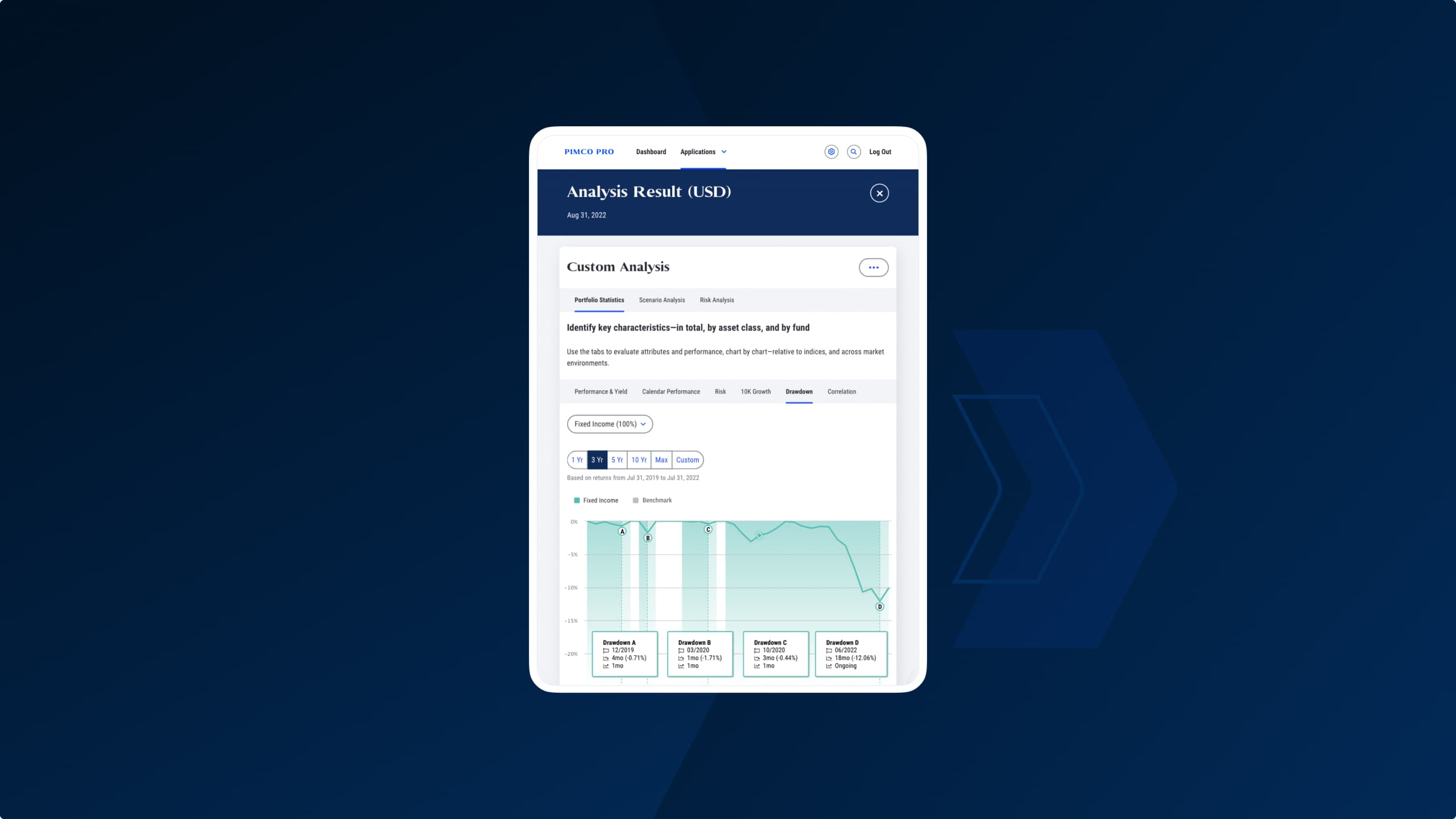The European Central Bank’s (ECB) July monetary policy meetings tend to be uneventful, and this year proved no exception. The Governing Council (GC) kept policy rates unchanged at 3.75% on the deposit facility, and provided little guidance on future directions. According to President Christine Lagarde’s recent speech in Sintra, the strong labour market allows the ECB to take its time to gather new information. Consequently, the ECB is in no rush to cut rates further. Decisions will continue to be made meeting-by-meeting, with the data flow over the coming months deciding the speed at which the ECB removes additional restrictiveness.
Given the ECB’s reaction function (which bases decisions on the inflation outlook, underlying inflation dynamics, and policy transmission), we expect the ECB to continue lowering rates at staff projection meetings, and therefore anticipate the next cut in September.
The market is currently pricing an additional 45 basis points of rate cuts for this year, which broadly aligns with our long-held baseline of three cuts for the year. However, the terminal rate of around 2.5% – well above estimates for a neutral policy rate for the euro area – indicates elevated last mile inflation concerns.
As a result, current valuations leave us broadly neutral on European duration. We continue to expect range-bound interest rates and prefer to remain tactical in taking duration risk. When it comes to our view on the interest rate curve, we currently prefer a more structural approach. We envision the back end of interest rate curves will underperform relative to shorter maturities, based on front-end rates coming down due to policy rate cuts and a rebuilding of term premia over time.
The problem: wage growth inconsistent with the inflation target
Eurozone employment has grown despite slowing GDP growth, rising by 2.6 million people since the end of 2022, with the unemployment rate at a historic 6.4% low. The resilience of the labour market reflects a mix of shocks that have hit the currency area. Labour shortages have led firms to hoard workers, and higher profits and lower real wages have made it easier for firms to do so.
The most important prerequisite for inflation to evolve in line with ECB expectations and durably converge to target in 2025 is growth in unit labour costs – it needs to fall back to levels broadly consistent with 2% inflation.
However, wage growth remains elevated, driven by the ongoing adjustment to the past inflation surge. Negotiated wages increased to 4.7% in the first quarter of 2024 – 0.2 percentage points higher than in the last quarter of 2023 – though the stronger growth in the first quarter included very large one-off payments in the German public sector. Forward-looking ECB wage trackers and surveys signal that wage dynamics will remain strong in 2024, but decelerate in 2025.
The June 2024 Eurosystem staff macroeconomic projections foresee the growth rate of compensation per employee declining from 5.2% in 2023 to 4.8% in 2024, then to 3.5% in 2025 and 3.2% in 2026. Current services inflation of 4.1%, driven by strong wage growth, will almost certainly keep policy restrictive for some time.
Overall, the ECB expects wage growth to be a key driver of inflation in 2024, even though the net impact of labour cost increases on prices is buffered by a lower contribution from profits. The narrative of a deceleration in domestic price pressures over time is being upheld, and relies on an ongoing compression of profits and a continued decline in unit labour costs, helped by productivity improvements as the economy grows. However, uncertainty around that narrative remains high. Firms might more forcefully regain pricing power as the economy recovers, and productivity losses for European firms could be a more long-term issue than anticipated.





